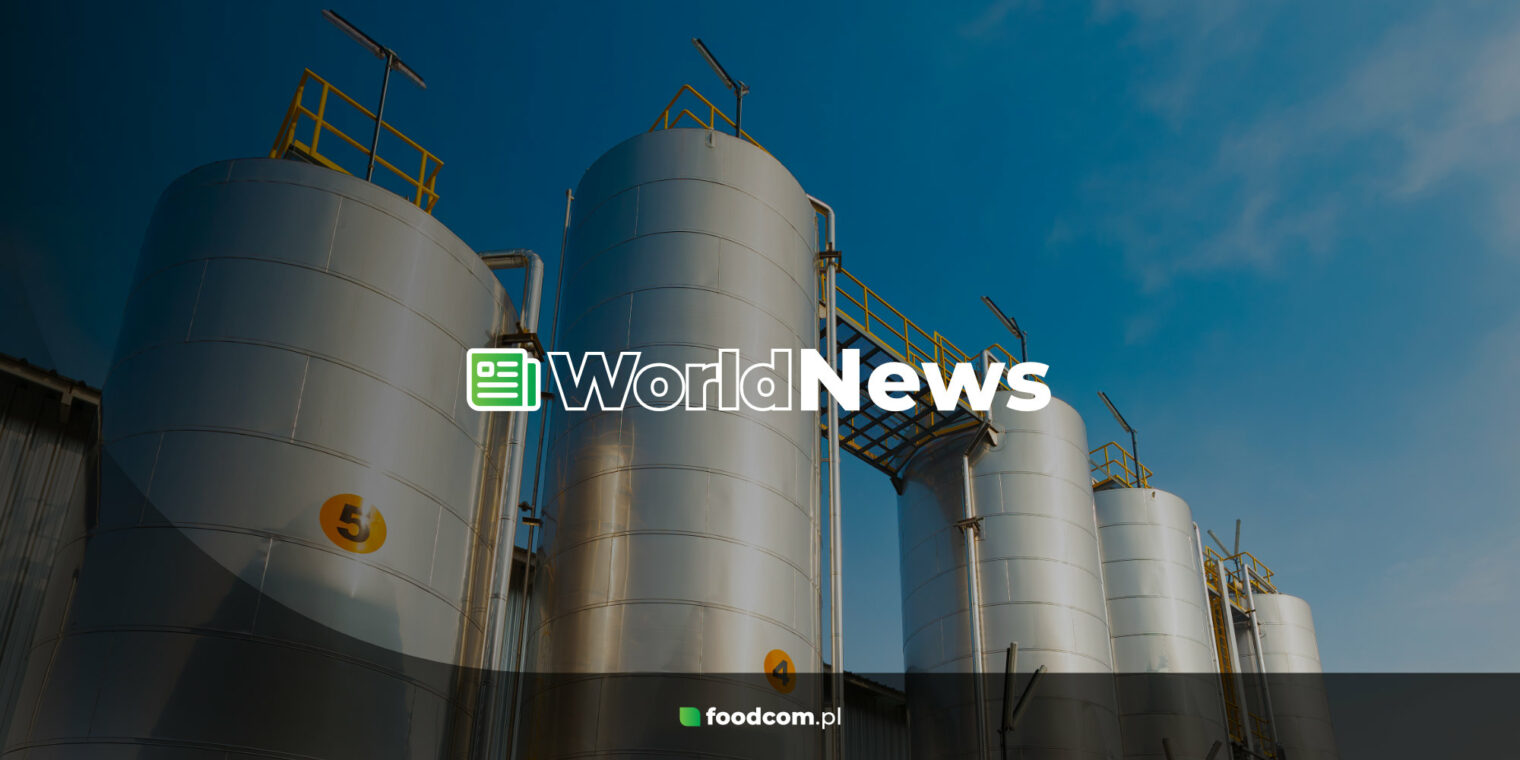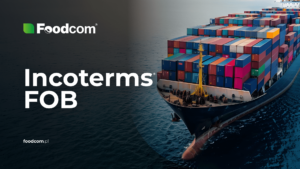Summary
Table of contents
Here we are with a new batch of news from foodstuffs business. We present you with info about Russian embargo, and it’s consequences, plans of the USDA, new investments of Cargill, recent purchase on European market and increasing Chinese imports. Have a good read!
The Italian farmers union Coldiretti has calculated that the halt of agri-food export to Russia caused Italian producers to lose €1.4 billion in the last 7 years. The Russian government imposed the embargo on several countries in retaliation for the sanctions enforced on Russia due to its actions in Ukraine. The recent decision from the EU extends the sanctions until the end of January 2022. The embargo is largely contributing to the flooding of the imitated Italian dairy products such as Parmesan and mozzarella but also meats and hams, many of which are imported from Belarus. One Russian cheese producer expects that the production of Parmesan and other hard cheeses in Russia will surpass the Italian one in the next few years.
The US Department of Agriculture announced the planned investment of $500 million to propel the meat production industry. The decision is linked to the executive order by Joe Biden describing the government’s efforts to promote competition by enhancing competition, supporting farmers and their families, increasing wages for workers, encouraging innovation, and propelling economic development. According to the White House, large companies are holding a significant share of the market, which negatively affects both farmers and consumers. Moreover, an additional fund of $150 million is dedicated to helping small processing units battle the post-pandemic disruptions and develop their businesses.
The American agri-food giant announced the plans to enter the European soluble fiber market by a $45 million investment at a new facility located in Wrocław, Poland. The company is expanding its portfolio with products of improved nutritional value and lowered calorie and sugar content. The micro-reactor technology will allow the production of items with 30% less sugar enriched with fiber such as desserts, baked goods, cereals, and ice cream. According to Cargill, the expansion is an answer to a persisting trend of increasing demand for healthier offers with improved nutritional value.
Norwegian bakery ingredients supplier Orkla Food Ingredients is on a path to acquire Swiss producer Hans Kaspar specializing in the manufacture of specialty items from natural raw materials for confectionery and bakery sectors. Hans Kaspar has a strong position on the European market and customer base of chocolate and ice cream producers, which Orkla will use to continue its business expansion. Over half of the company’s revenues come from international transactions. In 2020, Hans Kaspar’s turnover equaled around $14.6 million.
China Merchandise Reserve Management Center posted notice of purchases made for 13,000 tonnes of pork on July 14th to fill state reserves. The move is dictated by decreasing prices for hogs since January. China is the world’s largest consumer, and recent outbreaks of African swine fever are endangering the state supplies. In April 2021, China imported 922,000 tonnes of meat – an increase of 6.9% from the same month in the previous year, while total meat imports from January till the end of April amounted to 3.55 million tonnes, growing by 16.9% from the same period in 2020. The imports are expected to remain high in the upcoming months.
Italy loses €1.4 billion over Russian embargo
The Italian farmers union Coldiretti has calculated that the halt of agri-food export to Russia caused Italian producers to lose €1.4 billion in the last 7 years. The Russian government imposed the embargo on several countries in retaliation for the sanctions enforced on Russia due to its actions in Ukraine. The recent decision from the EU extends the sanctions until the end of January 2022. The embargo is largely contributing to the flooding of the imitated Italian dairy products such as Parmesan and mozzarella but also meats and hams, many of which are imported from Belarus. One Russian cheese producer expects that the production of Parmesan and other hard cheeses in Russia will surpass the Italian one in the next few years.
The U.S. plans to fuel the meat market with $500 million
The US Department of Agriculture announced the planned investment of $500 million to propel the meat production industry. The decision is linked to the executive order by Joe Biden describing the government’s efforts to promote competition by enhancing competition, supporting farmers and their families, increasing wages for workers, encouraging innovation, and propelling economic development. According to the White House, large companies are holding a significant share of the market, which negatively affects both farmers and consumers. Moreover, an additional fund of $150 million is dedicated to helping small processing units battle the post-pandemic disruptions and develop their businesses.
Cargill, set to invest $45 million in the soluble fiber
The American agri-food giant announced the plans to enter the European soluble fiber market by a $45 million investment at a new facility located in Wrocław, Poland. The company is expanding its portfolio with products of improved nutritional value and lowered calorie and sugar content. The micro-reactor technology will allow the production of items with 30% less sugar enriched with fiber such as desserts, baked goods, cereals, and ice cream. According to Cargill, the expansion is an answer to a persisting trend of increasing demand for healthier offers with improved nutritional value.
Orkla expands business with the purchase of Swiss ingredients producer
Norwegian bakery ingredients supplier Orkla Food Ingredients is on a path to acquire Swiss producer Hans Kaspar specializing in the manufacture of specialty items from natural raw materials for confectionery and bakery sectors. Hans Kaspar has a strong position on the European market and customer base of chocolate and ice cream producers, which Orkla will use to continue its business expansion. Over half of the company’s revenues come from international transactions. In 2020, Hans Kaspar’s turnover equaled around $14.6 million.
China increases meat imports
China Merchandise Reserve Management Center posted notice of purchases made for 13,000 tonnes of pork on July 14th to fill state reserves. The move is dictated by decreasing prices for hogs since January. China is the world’s largest consumer, and recent outbreaks of African swine fever are endangering the state supplies. In April 2021, China imported 922,000 tonnes of meat – an increase of 6.9% from the same month in the previous year, while total meat imports from January till the end of April amounted to 3.55 million tonnes, growing by 16.9% from the same period in 2020. The imports are expected to remain high in the upcoming months.
Categories:







